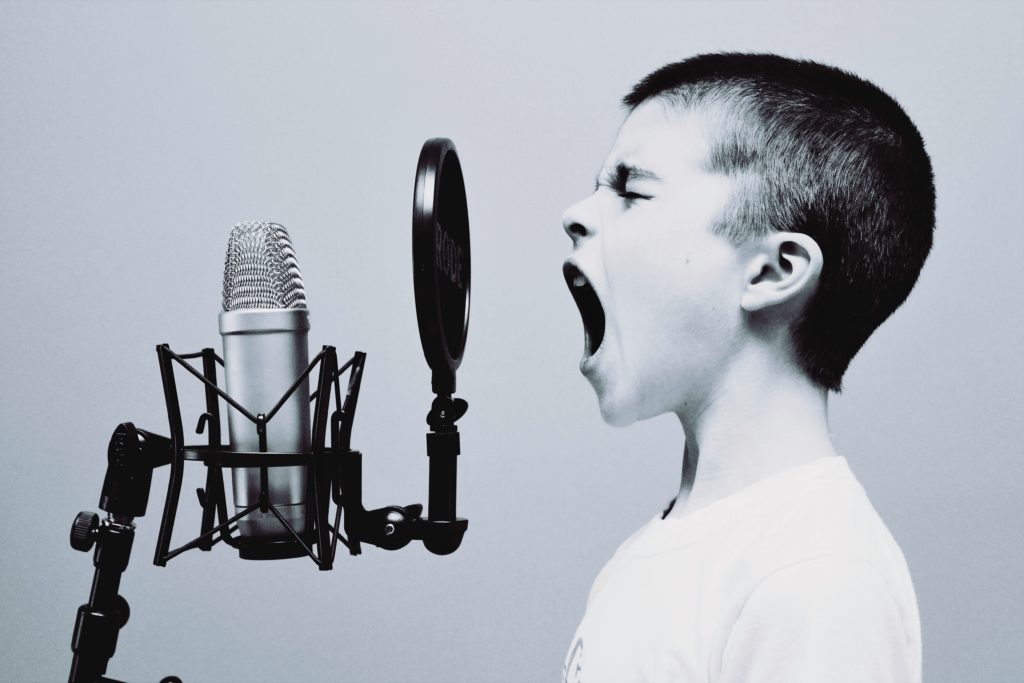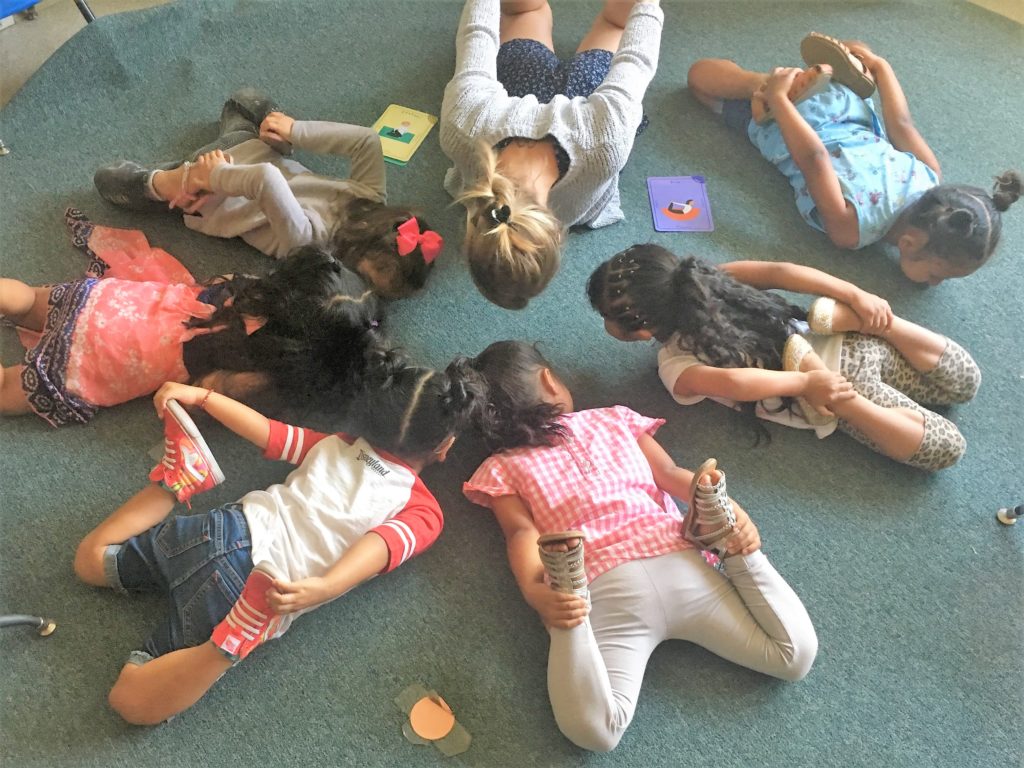
By: Terrence Killian, Mental Health Program Manager
Each year in this country, approximately 50,000 children are expelled from preschool. It is disproportionately children of working-class parents and children of color who experience these disciplinary actions, and it’s often the first step on what’s being referred to as the “Preschool to Prison Pipeline.”
Early childhood is the time for children to develop the essential social-emotional skills they need in order to succeed in school and life. Children who are expelled from preschool classrooms are often simply lagging in the development of skills such as emotion regulation and effective communication. The preschools expelling these children lack the resources and/or training to meet their needs. A frequent contributing factor to a child’s delay in developing social-emotional skills is trauma. Children who have experienced trauma often struggle more than their peers. Not all preschool programs are equipped to meet the needs of children with a trauma history. Families may also experience “soft” suspensions, where their preschool frequently calls a parent to pick their child up due to behavior problems, or suggests they take some “time off” from school. Such actions, rather than solving the problem by nurturing the lagging skills, simply deepen the problem, further stress the child and the family, and set a negative tone for the child’s future education experiences.
Recently, Relief Nursery, Early Childhood CARES, and others from the local early childhood community saw that children such as these didn’t have a program available that could meet their level of need. They collaborated with Trillium Behavioral Health to find a means of funding a specialized classroom for preschool-aged children who were identified as very high-risk, and qualified for Early Intervention services. These children would be placed in a specialized Relief Nursery classroom, with a unique blend of the Relief Nursery’s Therapeutic Classroom model and intensive, embedded Special Education and Therapy services.

Thanks to Relief Nursery’s strong partnership with the OHSU Child Development and Rehabilitation Center, each child in the Social-Emotional classroom receives a developmental behavioral assessment with Dr. Randall Phelps, MD, PhD. Just in the first two years, this has led to the life-altering diagnosis of significant medical conditions in several children that had gone previously undiagnosed. Dr. Phelps, in turn, uses this opportunity to provide a unique hands-on experience to the residents and fellows he is training in behavioral developmental pediatrics.
In Oregon, preschool classrooms are required to have a ratio of just one adult for every ten children, and there may be 20 children in a classroom.
The Relief Nursery model is at least one adult per every four preschool children, with no more than 11 children in a classroom. In this new Social-Emotional Classroom, we have just eight children in the classroom, and a minimum of three adults. Those adults are an Early Childhood Special Education teacher (Cat Wright), a Therapist (Kyra Montgomery), and a Qualified Mental Health Associate (Emily Johnson). The children attend class three hours per day, four days per week. Transportation is provided by their school district, and by Relief Nursery when their district isn’t in session. The three hours in class each day are spent, as in other Relief Nursery classrooms, with adults who, first and foremost, are nurturers and caregivers with a sensitivity to possible trauma the children may have experienced. The Social-Emotional Classroom focuses intensively on building the skills of each individual child to self-regulate and interact well with their peers. Through practice, role play, storytelling, outdoor experiences and a myriad of other tools, the Social-Emotional Classroom team works together to bring about the changes children need to make in order to succeed in less supported environments.
In 1943, psychology theorist Abraham Maslow developed what he called a “Hierarchy of Needs.” A core takeaway from the Hierarchy is that, unless the most basic needs are met, humans will be incapable of higher levels of functioning. In this case, that means the children in this classroom can’t develop those essential social and emotional skills if their basic needs aren’t met. Relief Nursery’s overall model is, concretely, intervention that includes the base of Maslow’s Hierarchy. Thus, all families at Relief Nursery are given access to our supplemental food pantry, clothing closet, transportation, parenting education classes that offer meals and childcare, as well as support connecting with other community resources and if relevant, alcohol and drug recovery support. By meeting these basic needs, we help parents provide a solid foundation for their children to further their development.
In addition, all families in the classroom participate in family therapy with Kyra Montgomery. In therapy, Kyra works with parents to utilize their own expertise and knowledge of their children, develop their strengths, and strengthen their attachment. Therapy sessions also serve to educate parents on appropriate expectations for their children, and how to reinforce at home the Social-Emotional skills nurtured in therapy sessions and in the classroom. When relevant, Kyra works with the child and parent to understand how previous trauma can impact children’s functioning in the classroom, and develop techniques for coping with those impacts.
Early intervention is an incredibly effective method to positively impact children’s lives. By addressing root cause issues for these children’s families, the Relief Nursery’s Social Emotional Classroom is helping Lane County’s most vulnerable children build resilience and develop the skills they and their families need for a successful future.


